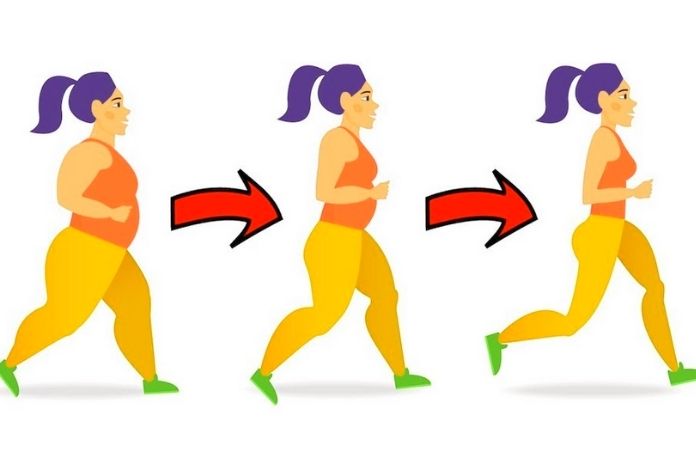Hormones affect mood, libido, and complexion – but not only that: they are a decisive factor for weight loss success. Above all, these three hormones should always be balanced to lose weight healthily and maintain your weight in the long term.
Whoever thought that diet and sufficient exercise are the most critical factors for successful weight loss is not entirely wrong – but it is all more complex than that.
Hormones, in particular, play an essential role in losing weight.
They control the feeling of satiety, stress level, and fat storage. If they are not in balance, it can be challenging to lose weight healthy and long-term.
These three hormones, in particular, control weight loss immensely.
These Three Hormones Help You Lose Weight
The three hormones that you need to know about and understand how they work in your body for your weight loss attempt to be successful are cortisol, ghrelin, and leptin.
Cortisol – The Stress Hormone
Cortisol has a pretty bad reputation, but it’s beneficial – in moderation – and even necessary. It shows the body’s dangers and protects it.
It only becomes problematic with a permanent release of cortisol.
This can happen when personal and professional stress determines everyday life due to lack of sleep or crash diets that include too strenuous training and insufficient nutrient supply.
The body is then on alert, neglecting muscle building and storing water and fat.
Ghrelin – The Hunger Hormone
Ghrelin is formed and released by the gastric mucosa and pancreas and – as numerous studies have been able to prove – influences the control of the feeling of hunger.
This is because ghrelin targets brain regions responsible for controlling appetite. Increased ghrelin release can therefore lead to food cravings.
An increased ghrelin level can be caused, for example, by a lack of sleep, as a recent study shows.
Leptin – The Satiety Hormone
Leptin is also called the satiety hormone because it is stored in fatty tissue and gives the body a signal that you are full by increasing its release.
Experts also understand leptin to be the antagonist of ghrelin. Like ghrelin, there is a connection between leptin levels and adequate sleep. Too little sleep reduces the release of leptin, so you experience saturation less quickly.
That’s Why Crash Diets Don’t Work In The Long Run
To successfully lose weight, it’s essential to avoid sustained cortisol release, keep ghrelin levels low and leptin levels high enough because the regulation of hunger and satiety plays an important role, especially for long-term weight loss.
Although crash diets often achieve quick results, the weight cannot be maintained permanently, as an imbalance in the hormonal balance is often the result.
If you rely on an excessive calorie deficit and too much exercise, this primarily affects the cortisol balance. The body goes into survival mode, storing fat and water.
Permanently disturbed ghrelin and leptin levels cause hunger and satiety to lose their natural function. Days of cravings followed by no hunger pangs become a dangerous cycle.
How Do You Keep Hormone Levels Balanced?
As is so often, the answer is a balanced diet and exercise. Studies show that sufficiently long and deep sleep phases also play a decisive role.
This Should Be Considered In The Diet
- Eat high-fiber foods to control hunger and satiety
- Eat a lot of protein to build muscle and thereby stimulate the metabolism
- Eat rich in nutrients so that the body is sufficiently supplied
- Limit consumption of caffeine, alcohol, trans fats, and sugar
- Listen to the natural feeling of hunger and satiety
This Is How Sport Has An Optimal Effect On Weight Loss
HIIT training, for example, can help against hunger since short, intense exertions reduce the concentration of ghrelin.
Training sessions that are too long and too strenuous, on the other hand, can lead to increased cortisol release. Especially with intensive cardio units, you should therefore make sure not to exceed a training time of 30-45 minutes – if you have the goal of losing weight.
Strength units can be a little longer, but they shouldn’t take more than 60 minutes.
The more intense the training session, the more extended rest periods you should allow yourself so that the muscles can regenerate and the cortisol levels remain balanced.
ALSO READ: MOTIVATION TO LOSE WEIGHT: THIS IS HOW YOU FIND THE INCENTIVE TO LOSE WEIGHT

